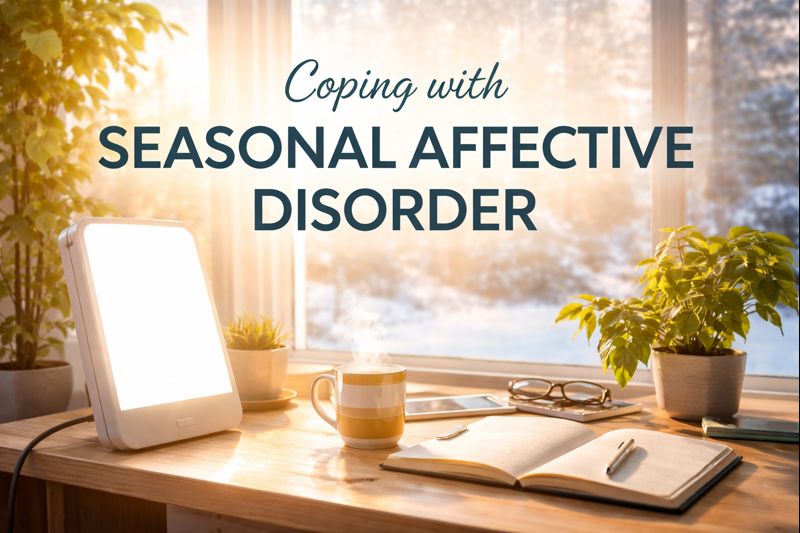Complementary and alternative treatments should play a key role in the solution
The opioid epidemic has become a major public health crisis in the United States. Opioids are a class of drugs that include prescription painkillers like oxycodone, hydrocodone, and morphine, as well as illegal drugs like heroin. According to the National Institute on Drug Abuse (NIDA), more than 130 people die every day from opioid overdoses in the US. The overreliance on prescription painkillers has contributed to the epidemic, with many individuals becoming addicted to these powerful drugs after being prescribed them for chronic pain.
However, there are evidence-based alternative medicine options that can help both for those in recovery and as an alternative option to physician prescription of painkillers in the first place.
One alternative medicine option is acupuncture, which involves the insertion of thin needles into specific points on the body. According to the National Center for Complementary and Integrative Health (NCCIH), acupuncture is a safe and effective treatment for certain types of chronic pain, including back pain, neck pain, and osteoarthritis. Acupuncture stimulates the release of endorphins, which are the body’s natural painkillers. It also reduces inflammation and improves circulation, which can help alleviate pain.
Another alternative medicine option is chiropractic care, which involves the manipulation of the spine and other joints to improve mobility and reduce pain. According to the American Chiropractic Association, chiropractic care can be effective in treating many types of musculoskeletal pain, including back pain, neck pain, and headaches. Chiropractors use a variety of techniques, including spinal adjustments, massage, and stretching, to help alleviate pain and improve function.
Massage therapy is another alternative medicine option that can be effective in treating chronic pain. According to the American Massage Therapy Association, massage therapy can help reduce pain, improve range of motion, and promote relaxation. Massage therapists use a variety of techniques, including Swedish massage, deep tissue massage, and trigger point therapy, to help alleviate pain and improve function.
Cognitive-behavioral therapy (CBT) is a type of psychotherapy that can be effective in treating chronic pain. CBT focuses on identifying and changing negative thought patterns and behaviors that contribute to pain. According to the American Psychological Association, CBT can be effective in reducing pain, improving function, and reducing the need for pain medications.
Mindfulness meditation is another alternative medicine option that can be effective in treating chronic pain. Mindfulness meditation involves focusing on the present moment and accepting thoughts, feelings, and sensations without judgment. According to the NCCIH, mindfulness meditation can help reduce pain, improve mood, and reduce stress.
Yoga is a mind-body practice that can be effective in treating chronic pain. According to the NCCIH, yoga can help reduce pain, improve function, and reduce the need for pain medications. Yoga combines physical postures, breathing exercises, and meditation to help improve flexibility, strength, and relaxation.
In addition to these alternative medicine options, there are also non-opioid pain medications that can be effective in treating chronic pain. Non-steroidal anti-inflammatory drugs (NSAIDs), such as ibuprofen and naproxen, can help reduce pain and inflammation. Acetaminophen can also be effective in reducing pain, although it does not have anti-inflammatory effects. There are also topical medications, such as lidocaine patches and capsaicin cream, that can be effective in treating localized pain.
The opioid epidemic continues to have devastating consequences for individuals, families, and communities across the United States. While prescription painkillers can be effective in treating chronic pain, they also carry a high risk of addiction and overdose. Evidence-based alternative medicine options, such as acupuncture, chiropractic care, massage therapy, cognitive-behavioral therapy, mindfulness meditation, and yoga, can provide effective and safe treatments for chronic pain. Additionally, non-opioid pain medications can be effective for some individuals.
By exploring these alternative options, individuals can reduce their reliance on prescription painkillers and improve their quality of life while minimizing the risks associated with opioid use, both before taking painkillers, and to support their health during and after using them.
It is essential that healthcare providers and policymakers work to increase awareness and access to these alternative medicine options as part of a comprehensive approach to addressing the opioid epidemic and promoting safe and effective pain management practices.





0 Comments